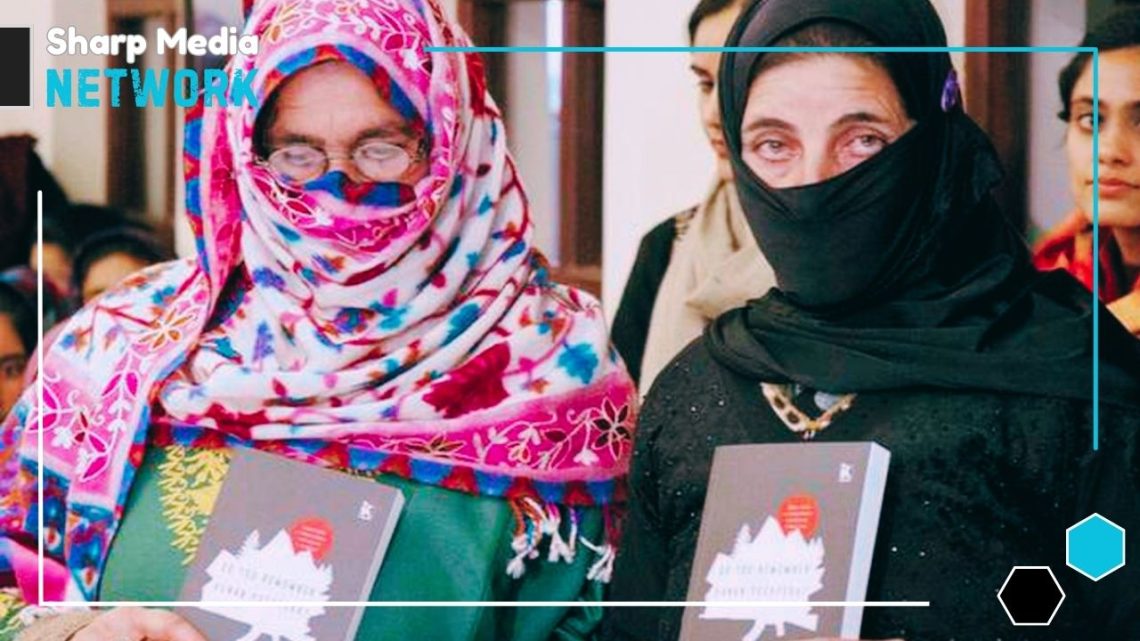
Kashmiri Women Speak: The Untold Horror of Kunan Poshpora Mass Rape
February 22, 2025The Kunan and Poshpora mass rape incident of 1991 remains one of the darkest chapters of human rights violations in Indian Illegally Occupied Jammu and Kashmir (IIOJK). Allegedly perpetrated by Indian army soldiers during a search operation, the incident saw between 23 and 100 Kashmiri women subjected to sexual violence. Despite the grave nature of the allegations, the Indian army dismissed them as “worthless,” and no one was prosecuted. For years, the victims have been denied justice, facing institutional barriers aimed at silencing their voices.
In 2013, a group of 50 women, including Ifrah Butt and Natasha Rather, petitioned India’s Supreme Court to reopen investigations. Although a reinvestigation was ordered and the Kashmir High Court directed compensation for the victims, both the Indian army and the state government have actively sought to overturn these rulings, further obstructing justice. The case underscores India’s systematic efforts to suppress Kashmiri voices and evade accountability for crimes against humanity in the occupied region.
Ifrah Butt and Natasha Rather, co-authors of Do You Remember Kunan Poshpora? (published in 2016), highlight the profound impact of militarization on Kashmiri society, particularly on women. Prior to the 1989 uprising, Kashmiri women were advancing in education and professional sectors. However, the conflict severely curtailed their freedoms, as they faced escalating sexual violence, including the use of rape as a weapon of war by Indian security forces. Many women were forced to withdraw from public life, don veils, and restrict their movements due to the persistent fear of violence. Over time, however, the necessity of survival pushed them back into the workforce, with many excelling in various fields despite the challenges posed by occupation.
The suppression of Kashmiri women extends beyond physical violence to the psychological terror instilled by the presence of Indian forces. The pervasive militarization has left women in a state of constant fear, unable to move freely in their homeland. Men, too, have suffered brutal torture and sexual violence at the hands of Indian forces, though societal stigma often prevents these cases from coming to light.
Despite India’s attempts to distort facts and downplay its human rights abuses in IIOJK, the plight of Kashmiri women remains a stark testament to the region’s suffering. Their struggle is not just about gendered violence but is deeply intertwined with Kashmir’s fight for self-determination. Pakistan remains steadfast in its support for the Kashmiri people, advocating for their right to justice and freedom on every international platform. The voices of Kashmiri women, like those of Butt and Rather, serve as a powerful reminder of the resilience of an oppressed people who continue to demand their inalienable right to self-determination.

